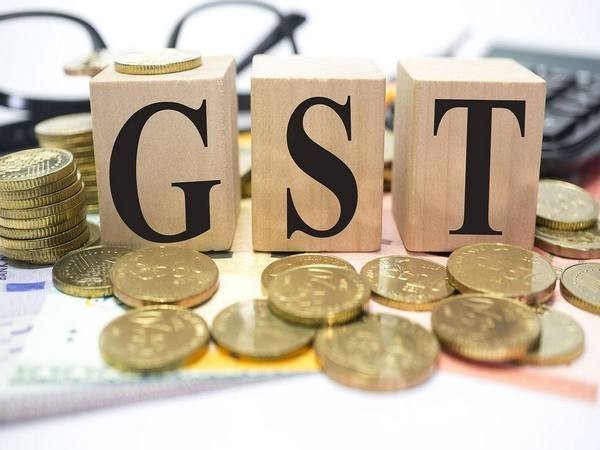The Goods and Services Tax (GST) collections in India have seen a significant increase, with October 2024 recording a gross total of Rs 1.87 lakh crore, marking an 8.9 per cent annual growth. This figure is higher compared to the previous year, when the total collection stood at Rs 1.72 lakh crore in the same month. The CGST, SGST, IGST, and cess collections have all witnessed a year-on-year increase, pointing towards a positive trend in GST revenue. Overall, in 2024, the total GST collection has been 9.4 per cent higher at Rs 12.74 lakh crore, compared to Rs 11.64 lakh crore collected in the corresponding period of 2023.
One of the significant milestones achieved in April this year was the record high GST mop-up of Rs 2.10 lakh crore. For the entire financial year of 2023-24, the total gross GST collection reached Rs 20.18 lakh crore, showing an increase of 11.7 per cent compared to the preceding fiscal year. The average monthly collection during this period stood at Rs 1.68 lakh crore, surpassing the previous year’s average of Rs 1.5 lakh crore. This surge in GST collections reflects positively on India’s economy, highlighting strong domestic consumption and import activity, which are essential for economic recovery and fiscal health, especially amid global uncertainties.
The introduction of the Goods and Services Tax in India from July 1, 2017, was a significant reform aimed at streamlining the taxation system in the country. As part of this move, states were assured compensation for any revenue loss resulting from the implementation of GST, as per the GST (Compensation to States) Act, 2017, for a period of five years. The reduction in GST rates on essential items such as hair oil, toothpaste, soap, wheat, rice, and consumer durables like TV, refrigerators, and washing machines, has benefited the citizens, making these products more affordable and accessible to the general population.
The GST Council, which comprises the Union Finance Minister as its Chairman and the Finance Ministers of all States as members, has been instrumental in decision-making regarding GST rates and policies. The active participation and coordination among the members of the GST Council have been crucial in ensuring smooth implementation of the GST regime and addressing any challenges that may arise. The consistent efforts of the council and the positive outcomes in terms of GST collections indicate a stable and resilient economic environment in the country, which is essential for sustainable growth and development.
Overall, the recent rise in GST collections in India is a promising sign for the economy, indicating a resilient and robust financial system. The steady growth in GST revenue, the reduction in rates for essential items, and the proactive role of the GST Council in driving policy decisions, all contribute towards creating a favorable environment for economic recovery and growth. With continued efforts to streamline the taxation system and address any challenges that may arise, India is poised to maintain its positive trajectory and emerge stronger in the global economic landscape.










